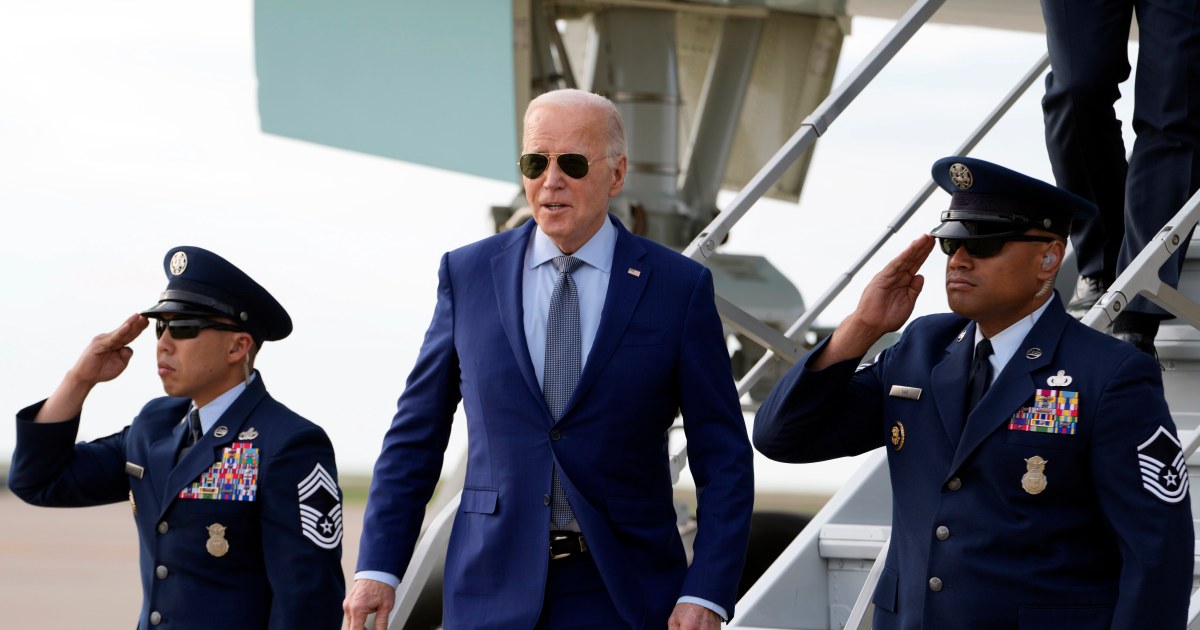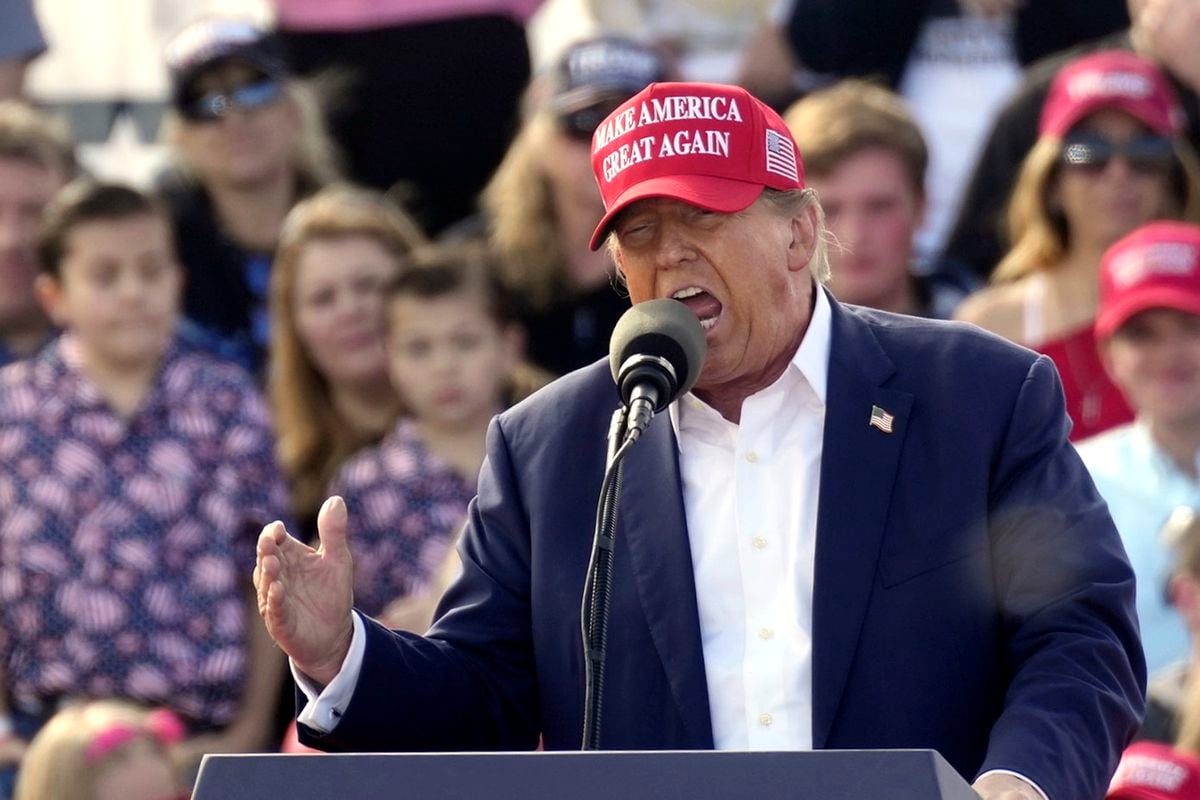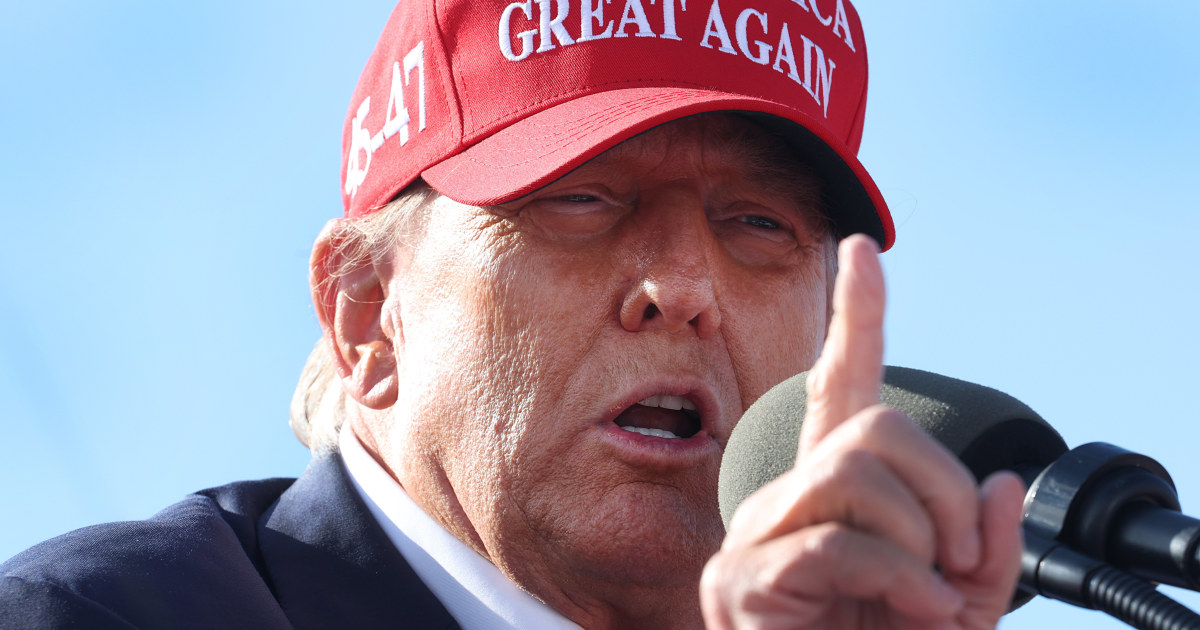By Josh Funk
Associated Press
At the height of the coronavirus pandemic, the meat processing industry worked closely with its political allies in the Trump administration to avoid sanitary restrictions and keep slaughterhouses open even as COVID-19 spread rapidly among its workers. according to a congressional report released Thursday.
The report from the House Subcommittee on the Coronavirus Crisis states that meat companies pushed to keep their plants open even though they knew workers were at high risk of contracting the virus.
That pressure led officials from the Departments of Health and Labor to water down their recommendations for this industry, culminating in an executive order Trump issued in the spring of 2020 designating meat plants as critical infrastructure that must remain open despite the pandemic.
Democratic Rep. Jim Clyburn, who is leading the subcommittee, said USDA and meat industry officials prioritized production and profits over worker health.
At least 59,000 employees have contracted the virus and 269 have died.
[As reported by The Washington Post, the report alleges that the companies pushed with "unsubstantiated" claims that there would be beef and pork shortages if they closed the plants.]
In this May 7, 2020, file photo, workers leave the Tyson Foods pork processing plant in Logansport, Ind.AP
"The shameful conduct of corporate executives who seek profit at any cost during a crisis and of government officials willing to do their bidding without regard for the resulting harm to the public must never be repeated," Clyburn said.
Former Agriculture Secretary Sonny Perdue, who now heads the University System of Georgia, declined to comment Thursday.
A spokesman said Perdue is focused on "serving the students of Georgia."
The report is based on communications between industry executives, lobbyists and USDA officials and other documents the committee received from government agencies, Tyson Foods, Smithfield Foods, JBS, Cargill, National Beef, Hormel and other companies.
These companies control 85% of the beef market and 70% of pork production throughout the country.
[COVID-19 could infect 100 million people in the US in the fall: Is it better to get vaccinated again or wait a few months?]
The North American Meat Institute said the report distorts the truth and ignores measures companies have taken by spending billions of dollars to re-equip plants and buy protective equipment for workers.
"The committee has done the nation a disservice," said trade group president Julie Anna Potts: "It could have tried to learn what the industry did to stop the spread of COVID-19 among meatworkers and poultry, reducing the positive cases associated with the industry while cases were rising across the country Instead of e uses hindsight and picks the data to support a narrative that is not at all representative of the early days of an unprecedented national emergency.
The prices of dairy products, eggs and cereals once again drive inflation in the US.
May 11, 202201:33
One of the main unions representing processing plant employees condemned the way the Trump Administration helped the meat industry.
"We just wish the Trump Administration cared as much about the lives of workers as it does about meat, pork and poultry products, when we wanted poultry plants to close for deep cleaning and to save workers' lives," he said. Stuart Appelbaum, president of the Retail, Wholesale and Department Stores Union.
The report indicates that meat companies were slow to take measures to protect workers from the virus and pushed for the government's recommendations to require the use of masks, install separators between jobs and encourage social distancing in their plants were optional. .
[Latino families of COVID-19 patients in the ICU are at higher risk of post-traumatic stress]
However, JBS spokeswoman Nikki Richardson said the company "did everything possible to ensure the safety of the people who kept the critical food supply chain running."
Tyson Foods spokesman Gary Mickelson echoed that sentiment, saying the company has worked closely with the Trump and Biden Administrations, along with state and local officials, to respond to the challenges of the pandemic.
The increase in cases and deaths from COVID-19 "should alert us" to take preventive measures
May 5, 202201:46
Smithfield spokesman Jim Monroe said the industry reacted quickly, spending more than $900 million so far to protect workers.
He added that it was appropriate for meat companies to share their concerns with government officials as the pandemic unfolded.
But the report cited a message a Koch Foods executive sent to a lobbyist in the spring of 2020 that said the industry should do no more than check employee temperatures at plant entrances.
"Now get rid of those pesky health departments!" he asserted.
The report says USDA officials tried to use Trump's executive order to prevent state and local health officials from ordering the plants closed.
[The FDA limits the use of the Johnson & Johnson vaccine due to the risk of developing blood clots]
Even with those efforts, U.S. meat production fell to about 60% of normal during the spring of 2020 because several major plants were forced to temporarily close for deep cleaning, widespread testing and safety upgrades, or failed. at slower speeds due to a shortage of workers.
The companies took steps to close factories in consultation with health officials after the outbreaks were confirmed.
The US exceeds one million people killed by COVID-19 and the WHO asks countries to invest more in health systems
May 5, 202200:41
“Throughout the pandemic we have worked hard to maintain safe and consistent operations.
At the same time, we have not hesitated to temporarily stop working or reduce the capacity of processing plants when we have deemed it necessary,” Cargill spokesman Daniel Sullivan said.
Documents uncovered by the committee showed that meatpacking companies pushed hard for the executive order in part because they believed it would help protect them from liability if workers became ill or died, something a federal appeals court later rejected in a lawsuit. against Tyson over employee deaths at an Iowa plant.
The emails show the companies themselves submitted a draft of the executive order to the administration days before it was issued.
In the early days of the pandemic, meatpacking companies knew the virus was spreading rapidly among their workers because infection rates were much higher in the plants and their surrounding communities.
The report says that in April 2020, a doctor at a hospital near a JBS plant in Cactus, Texas, told company and government officials in an email that there was clearly a major outbreak at the plant because all the COVID-19 patients at the hospital either worked there or were related to a worker.
[CDC reiterates importance of wearing face coverings on public transportation]
"Your employees will get sick and may die if this factory stays open," the doctor warned.
The report also highlights how meatpacking companies aggressively opposed safety recommendations from the Centers for Disease Control and Prevention and the Occupational Safety and Health Administration.
That led to the final guidance including language that effectively made the rules optional because it said recommendations should be made "if feasible" or "when possible."


/cloudfront-eu-central-1.images.arcpublishing.com/prisa/PLLMQZDHVVEMHBHGHSS4ZY4A2E.jpg)








/cloudfront-eu-central-1.images.arcpublishing.com/prisa/KMEYMJKESBAZBE4MRBAM4TGHIQ.jpg)


